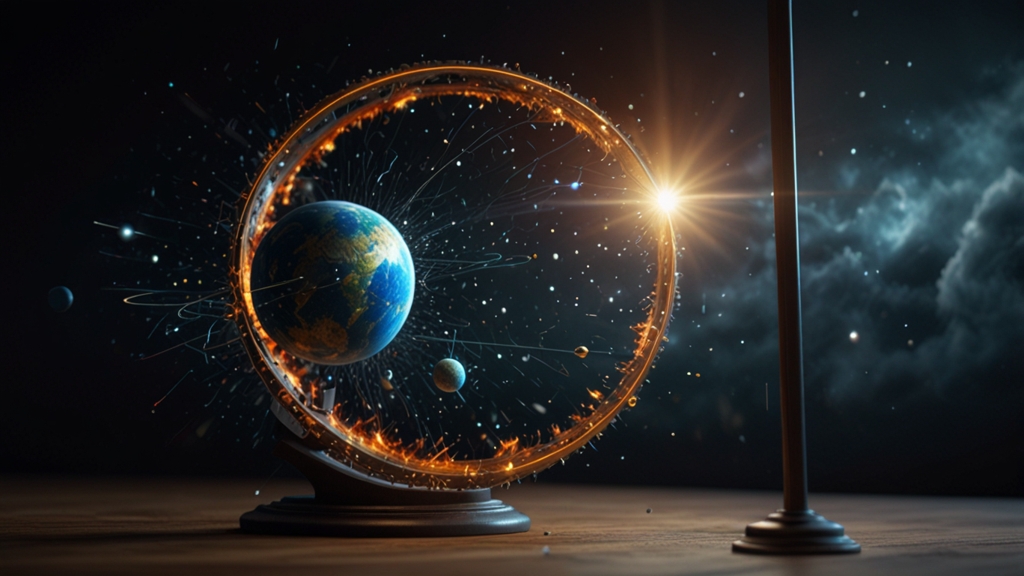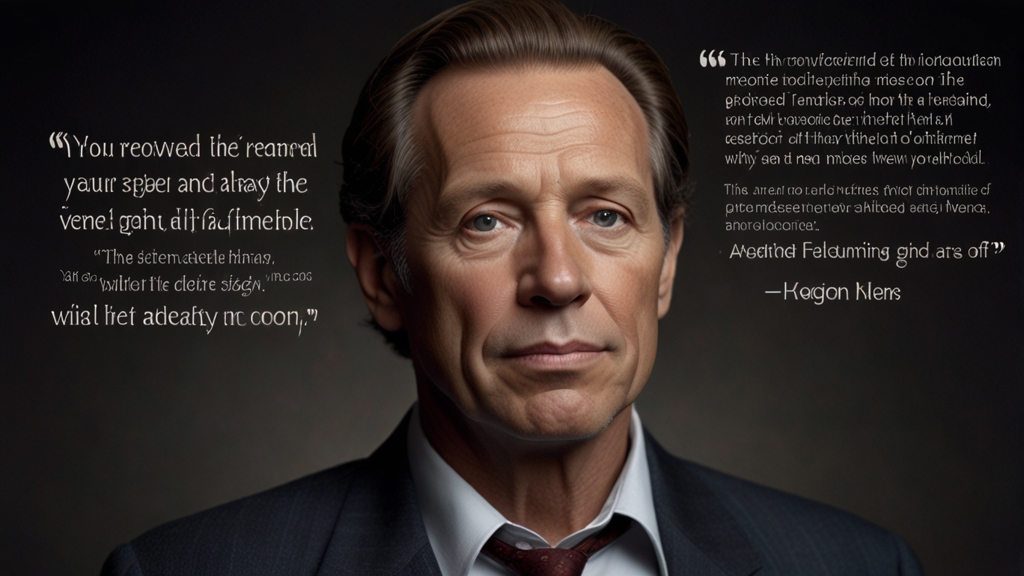Introduction
The intersection of physics and philosophy presents a remarkable landscape where human curiosity and rational inquiry converge. Both disciplines, though distinct in their methods and aims, are united in their pursuit of fundamental truths about existence. While physics relies on empirical data and mathematical frameworks to explain the physical universe, philosophy employs critical thinking and conceptual analysis to tackle the abstract and the metaphysical. This synergy sparks some of the most profound questions humanity has ever pondered.
The Nature of Reality
One of the central questions in both physics and philosophy is the nature of reality. Physicists delve into this mystery through theories like quantum mechanics and general relativity. Quantum mechanics, for instance, demonstrates how particles can exist in superpositions and how observation impacts the state of a system. This perplexing phenomenon raises profound philosophical questions about the nature of observation and the role of the observer in defining reality.
"The universe is not only queerer than we suppose, but queerer than we can suppose." — J.B.S. Haldane
Philosophers, on the other hand, approach this question from various angles such as metaphysics and ontology. They explore the essence of 'being' and 'existence,' questioning what it means for something to 'be' in the first place. The interplay between these perspectives helps us understand that reality might be more complex and layered than we can currently comprehend.
Time and Space
Time and space are fundamental constructs in our understanding of the universe. Physics revolutionized our comprehension of these concepts through Einstein's theory of relativity, which melds space and time into a single continuum — spacetime. This theory not only altered our understanding of gravity but also suggested that time is relative, varying according to the observer's frame of reference.
Philosophers scrutinize these ideas by asking questions like: Is time linear? Does the future already exist? They delve into the nature of temporal experience and the relationship between past, present, and future. The philosophical investigations into the nature of time impact our understanding of free will, causality, and the structure of the universe.
Consciousness and the Observer
One of the most challenging questions that bridges physics and philosophy is the mystery of consciousness. In the realm of physics, particularly in quantum mechanics, the observer's role has been a source of intrigue. The famous "double-slit experiment" suggests that particles behave differently when they are being observed, leading some to speculate about the consciousness' role in shaping reality.
"I think, therefore I am." — René Descartes
Philosophers tackle consciousness more directly, questioning what it means to 'know' and 'experience.' The mind-body problem, for instance, considers whether consciousness is a purely physical phenomenon or if it has an immaterial aspect. This discussion extends to artificial intelligence and the possibility of machine consciousness, questioning the very essence of what it means to be 'aware.'
Free Will and Determinism
The debate over free will and determinism is another area where physics and philosophy intersect powerfully. In classical physics, the universe was often viewed as deterministic — given the state of a system at one time, the laws of physics could predict its future states. However, quantum mechanics introduced a level of fundamental uncertainty, leading to questions about whether the universe is truly deterministic or probabilistic.
Philosophically, this debate has far-reaching implications for morality, responsibility, and personal agency. If every action is pre-determined by prior states and physical laws, then can individuals be held morally responsible for their actions? Conversely, accepting indeterminism challenges us to rethink the nature of choice and control in our lives.
Conclusion
When physics meets philosophy, the result is a fascinating dialogue that pushes the boundaries of human understanding. While physics provides us with empirical data and theoretical models to describe the universe, philosophy offers the critical frameworks to interpret and ponder these findings. Together, they tackle some of the most profound questions of existence, enriching our understanding of the world and our place within it. As long as there are mysteries to decode, this interplay between physics and philosophy will continue to be a crucial aspect of human inquiry, driving us toward greater knowledge and deeper existential insights.
"The most beautiful thing we can experience is the mysterious. It is the source of all true art and science." — Albert Einstein









